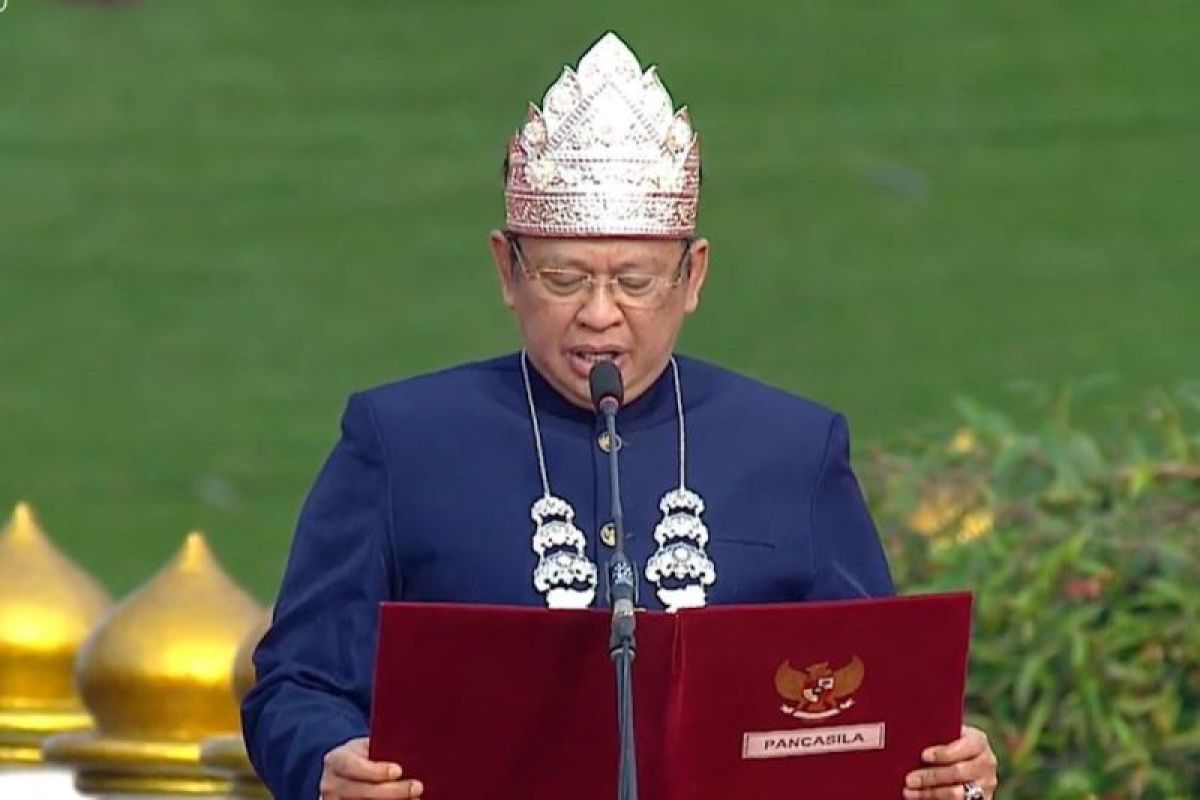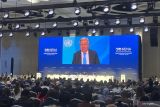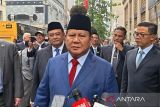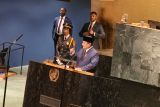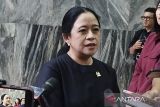Jakarta (ANTARA) - Speaker of the People's Consultative Assembly (MPR), Bambang Soesatyo, said that other countries admire Indonesia's state philosophy of Pancasila (Five Principles).
In a statement to commemorate Pancasila Day on Saturday, MPR Speaker Bambang Soesatyo highlighted the role of Indonesia's first president, Soekarno, in introducing Pancasila to the world. Bambang said that in September 1960, Soekarno—popularly known as Bung Karno—gave a speech titled "To Build the World Anew" at the United Nations (UN) General Assembly.
"Bung Karno introduced and offered Pancasila as an international ideology because Pancasila values are not only national but also universal," he stated.
Pancasila outlines five core principles: belief in the one supreme God, just and civilized humanity, the unity of Indonesia, democracy through deliberation, and social justice for all. Bambang said that in his speech at the UN General Assembly in 1960, Soekarno also proposed including Pancasila in the UN Charter, which received a warm welcome from world leaders.
The MPR speaker further noted that the archive of Soekarno's speech was designated a Memory of the World (MoW) in 1961. UNESCO reaffirmed this designation in 2023. Bambang said that Pancasila is the foundation for the struggle of the nation, so its value must be applied to realize national unity.
Baca juga: Presiden Jokowi minta sosialisasi Pancasila dilakukan dengan cara kekinian
Baca juga: Esensi Hari Lahir Pancasila dan semangat kebangsaan
From its inception, he said, Pancasila was intended as the foundation of the state, the ideology, and the way of life of the nation that unites diversity and becomes a source of national identity.
"Pancasila will be meaningful when its values are present in real action in society. It is not just a matter of rote memorization," he added.

